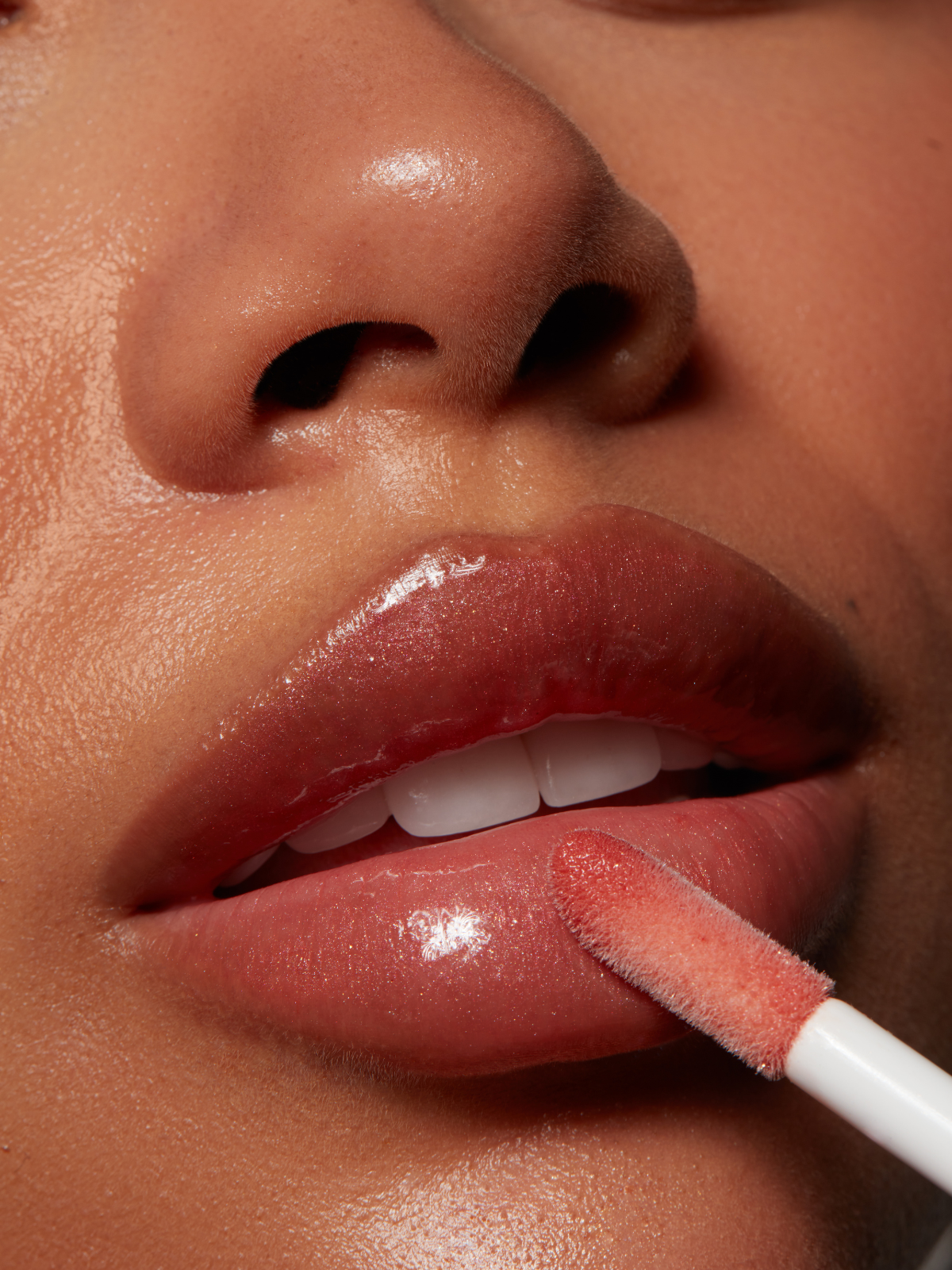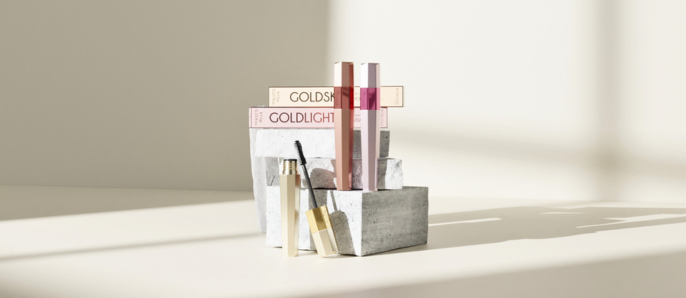How to avoid seasonal hair loss?
How to avoid seasonal hair loss?
Coralie Techer

We lose between 50 and 100 hairs per day. However, sometimes, between seasons, the phenomenon increases... this is called seasonal hair loss. Can we prevent this? How can we do it? We take stock.
What is seasonal hair loss?
At certain times of the year, for no apparent reason, your hair seems to desert your head, leaving behind a somewhat... bald landscape. But why on earth? It's called seasonal hair loss. As the name suggests, it occurs at specific times of the year, usually in fall or spring (but most often in autumn). While the change of seasons can evoke the romance of falling leaves or blooming flowers, it can also play nasty tricks on our hair. The reasons behind this phenomenon are varied, but mostly related to our hair's natural growth cycles.
We've already talked about this life cycle quite a bit on the blog, but let's get back to it:
Our hair goes through three phases: the growth phase (called the anagen phase), the transition phase (called the catagen phase), and the resting phase (called the telogen phase). Normally, about 90% of our hair is in the growth phase, while the remaining 10% is in the resting phase. However, during seasonal hair loss, more hairs enter the resting phase simultaneously. As a result, a few months later, these hairs enter the shedding phase, and you find yourself feeling like you've lost half your hair mass—it's panic.
A phenomenon exacerbated by various factors
Hormonal changes, a temporarily weakened immune system, stress, an unbalanced diet, or even seasonal variations in sunlight can exacerbate the symptoms of seasonal hair loss. Rest assured, however, that most of the time, this hair loss is temporary and does not indicate a serious health problem.
What can be done to counter this seasonal hair loss? While it's difficult to completely avoid, there are several tips that can (fortunately) help regulate hair loss.
Tips and solutions to reduce seasonal hair loss
1. Adopt a balanced diet
A balanced diet is crucial for hair health. Make sure you're getting enough protein, iron, zinc, vitamins, and antioxidants. Protein, in particular, is the basic building block of hair, so be sure to include lean meats, fish, eggs, legumes, whole grains, and dairy products in your diet. If you're lacking any of these, consider specially formulated supplements (if in doubt, seek professional help, such as a naturopath).
2. Take care of your scalp
A healthy scalp promotes hair growth, we know it, and we can't stress it enough. In your hair care routine, use gentle, moisturizing shampoos to maintain the scalp's natural balance. Consider scrubbing from time to time to exfoliate dead skin and dirt that accumulates over time. Exfoliating, combined with massage, will better oxygenate the bulbs and boost blood circulation to the scalp. Avoid harsh products containing sulfates or irritating chemicals that could damage the hair follicles and the hair fiber.
3. Reduce stress
Psychological shock, mental fatigue, or stress can have a significant impact on the health of your hair. Find ways to relax in your daily routine by practicing meditation, yoga, deep breathing, or any other relaxing activity that works for you. Good mental balance can greatly contribute to hair health and growth.
4. Use suitable hair treatments
Proper hair treatments can help strengthen your hair and reduce seasonal hair loss. Lotions or serums containing ingredients like biotin, caffeine, minoxidil, or essential oils can be beneficial in stimulating hair growth and maintaining healthy follicles.
@berenicegss This is so handy for keeping a clean hairstyle☁️ #hairstyle #hair#hairtutorial ♬ As It Was - Harry Styles
5. Avoid hairstyles that are too restrictive
Regardless of your hair type, avoid tight hairstyles like tight braids or tight ponytails. These styles can damage follicles and worsen seasonal hair loss. Between seasons, opt for looser styles to let your hair breathe.
6. Consult a specialist
If seasonal hair loss persists or worsens, consult a dermatologist or hair specialist. They can identify the underlying cause of hair loss and recommend specific treatments or products tailored to your situation.
7. Maintain healthy attitudes towards your hair
Finally, adopt a positive attitude toward your hair. Self-confidence and self-esteem are essential for feeling good about yourself, no matter the season or the condition of your hair.
Seasonal hair loss can't be completely stopped, but it can be controlled with a proactive approach and proper care. By taking care of your diet, pampering your scalp, and adopting healthier lifestyle habits, you can minimize seasonal hair loss and maintain healthy, vibrant hair.

















